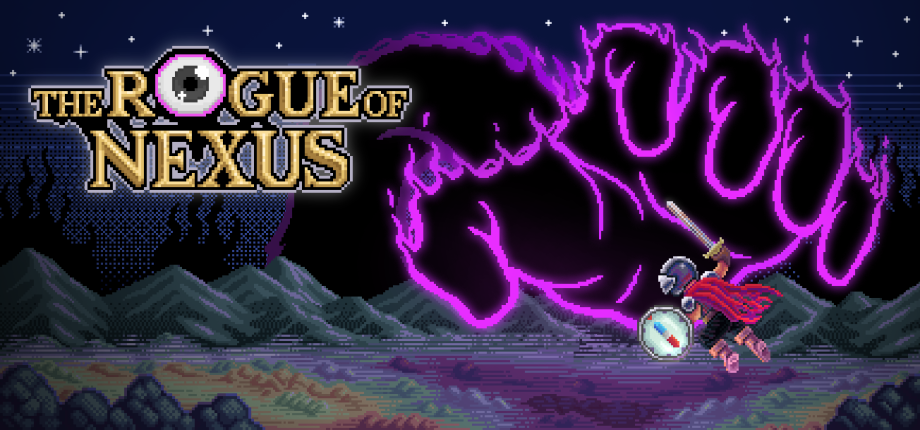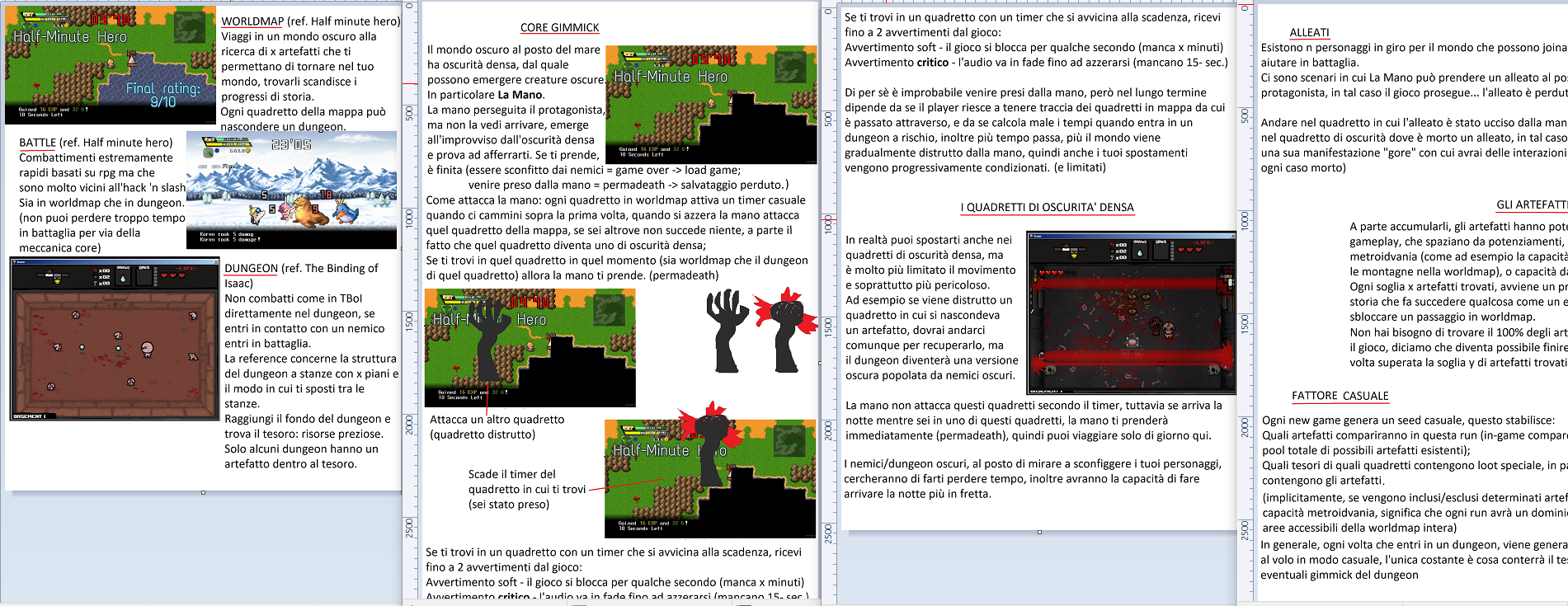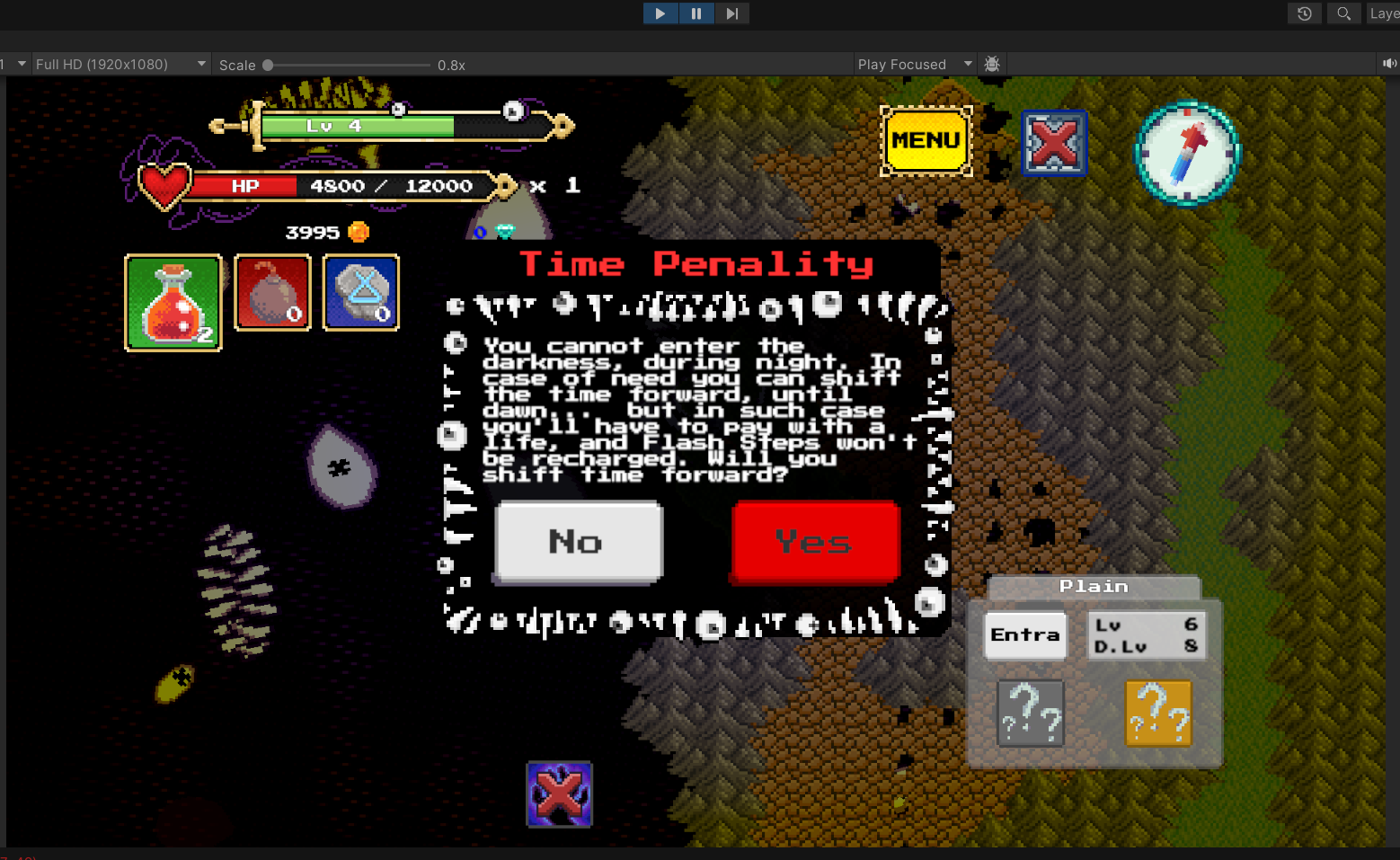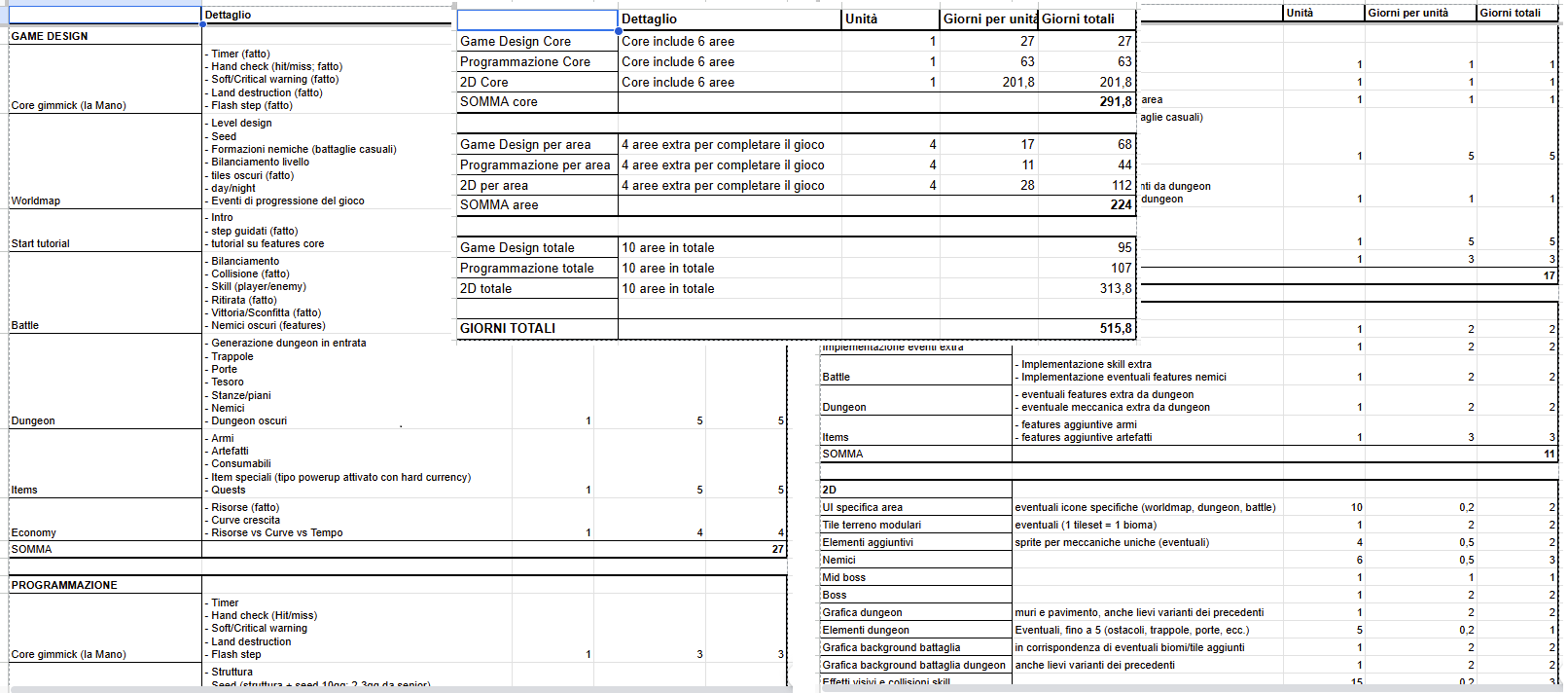Hi everyone! I wanted to make a thorough devlog of my latest game, The Rogue of Nexus, a Roguelite Hack 'n Slash in which you search for artifacts in a world of darkness that The Hand is destroying. Will you manage to end your search before The Hand will drag you in the Abyss? That's up to you.

The Rogue of Nexus itch page:
https://powerupteam.itch.io/the-rogue-of-nexus
Before starting... let's say that this is page 0: there's a couple of things i need to check out with moderators or anyone else who knows the answer about whether i can keep going with this topic, i mean... the devlog starts as finished! Let's clarify some points:
1 - The game is launched technically speaking, to be honest it's not yet my ideal 1.0 actual version of the game, and in any case several developement stages are still waiting for me, beyond 1.0 , i'll keep going for months and maybe years (hopefully you'll check it out before that day comes), i'm considering a weekly update of this devlog, so there's no doubt it will keep being updated;
2 - Should i rather write a devlog in the page of the game? I don't know... That page has been made from my publisher (PowerUp Team is the itch account name of it), so i don't have free access to it (a staff member of the publisher is in charge to edit the page and upload new builds/contents), that also mean that i cannot write a devlog there whenever/however i want, for the sake of both me and that guy it's waaay more practical if do this here without asking every time (let alone specify how to place images and stuff among text);
3 - Probably it's also better to separate things, i'll rather put here a lot of technical/design stuff explained in thorough way, compared to the devlog on their page, which i'd rather dedicate to simple announcements/events of latest updates.
Sounds convincing enough? If i can proceed, i'll also try to be more creative with this one, for example i'm willing to start from a flashback about how The Rogue of Nexus is born, namely ideation and pre production, talking about steps which involve developement on a wider scope than solo dev and interaction with a publisher (a small one), up to the day one of my game. After reaching the current timeline i'll keep going trying to elaborate further on my previous vs current approach with updates and my mid-long term plan.
Said that lemme know if this topic is ok with you, (should i change the tag into something else perhaps?) next week i'll go on unless that will be an explicit no. Stay tuned!




